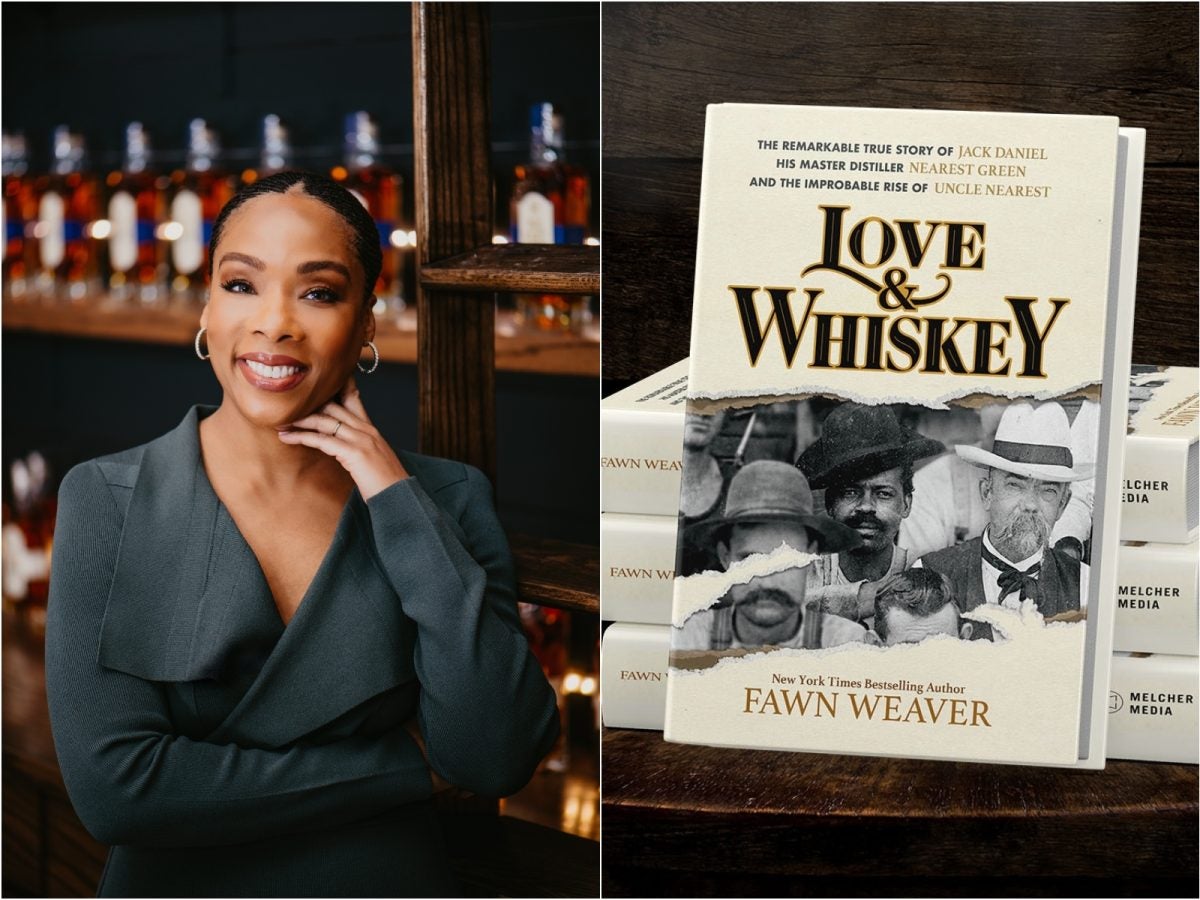Fawn Weaver Net Worth - Exploring Meanings Of Fawn
When thoughts turn to the phrase "Fawn Weaver net worth," it's completely natural to feel a spark of curiosity, perhaps wondering about financial standing or the story behind someone's success. People are, you know, often interested in what shapes a person's financial standing. It's a common thing to ponder, how someone builds up their resources and what that might look like in terms of value. This kind of inquiry, in a way, touches upon ideas of achievement and contribution, which are very much part of how we understand someone's overall worth, not just their money.
However, our discussion here takes a rather interesting turn, focusing not on a specific individual's finances, but rather on the very words themselves that make up "Fawn Weaver net worth." You see, the information we have to work with, which is "My text," gives us a pretty good look at the different ways the word "fawn" can be understood. It's quite fascinating, actually, how one simple word can carry so many different meanings, each one painting a slightly different picture. So, instead of looking at bank accounts, we're going to explore the rich tapestry of language, thinking about what "fawn" truly signifies.
Our journey, then, is about digging into the definitions and implications of "fawn" as provided, and considering how these various meanings might, in a very conceptual sense, connect to ideas of value, creation, or even how one might "weave" a path in life. It's almost like, we're taking a linguistic detour to appreciate the nuances of a word that sits at the heart of our query. This way, we can still talk about "fawn" and "worth," but from a different angle, one that's rooted firmly in the text we have available.
Table of Contents
- Unpacking the Word 'Fawn' - A Look at Its Many Sides
- What Does 'Fawn' Really Mean?
- The Gentle Creature - A Young Deer's Value
- Why Should We Leave Fawns Alone?
- Fawning Behavior - Is There a 'Worth' in Seeking Favor?
- Can Flattery Build 'Net Worth'?
- The Hue of 'Fawn' - What Value Does a Color Hold?
- How Does Color Relate to 'Net Worth'?
- Considering the 'Weaver' in 'Fawn Weaver Net Worth'
- What Does 'Net Worth' Mean for Concepts?
Unpacking the Word 'Fawn' - A Look at Its Many Sides
When we talk about "fawn," it's interesting to see just how many different ideas this one little word can bring to mind. Our source text, you know, gives us a really good starting point for exploring these various interpretations. It's not just about one thing; it's about a range of concepts, from a living creature to a type of action, and even a particular shade. So, in some respects, thinking about "fawn" is like peeling back layers to see what's underneath each definition. It's quite a rich word, actually, with a lot to consider when you break it down.
What Does 'Fawn' Really Mean?
The term "fawn" carries a few distinct meanings, as our reference material clearly points out. First off, it can refer to a young deer, especially one that's still nursing. This image, you know, often brings to mind innocence and new beginnings. Then, there's the verb form, which means to try and win someone's good opinion by acting in a very eager or flattering way. It's about seeking favor, basically, through a kind of eager charm. And finally, "fawn" can describe a pale brown color, often with a hint of yellow, much like the coat of a young deer. These different meanings, in a way, show how versatile the word is in our language.
To give you a clearer picture of these different meanings, here's a simple breakdown, drawing directly from the provided text. This isn't about a person's life details, of course, but about the word itself, which is what we have to work with. It's pretty neat, really, how much information can be packed into a single word, giving us plenty to think about when we consider its various uses.
| Aspect of 'Fawn' | Meaning / Description | Example Usage / Context from Text |
|---|---|---|
| Young Deer (Noun) | A young deer, especially one that is still unweaned. | "A young deer, especially an unweaned one." / "Fawn (plural fawns) a young deer." |
| Seeking Favor (Verb) | To try to gain favor by acting in a cringing or flattering manner. | "The meaning of fawn is to court favor by a cringing or flattering manner." / "You might fawn over Bambi if you want to hang out with the cute and fuzzy gang." |
| Color (Adjective/Noun) | A pale brown color, often tinted with yellow, similar to the color of a young deer. | "A pale brown colour tinted with yellow, like that of a fawn." |
| Development (Concept) | The process of growth and early life stages for a young deer. | "Learn about fawn development and why you should never approach or take." |
| Etymology (Origin) | The historical linguistic roots of the word. | "Faon, french, from fan, in old." |
The Gentle Creature - A Young Deer's Value
One of the most immediate images that comes to mind with the word "fawn" is that of a young deer. Our text, you know, specifically mentions this, describing it as an "unweaned" creature. There's a certain kind of inherent value in young life, isn't there? A sense of potential, of fragility, and of something precious that needs protection. This isn't about financial worth, of course, but about a different kind of value – a natural, almost spiritual kind of worth that we often feel when we encounter young animals. It's a reminder, too, of the delicate balance of nature and our place within it, something that's very, very important to keep in mind.
The existence of a fawn, just being there, contributes to the richness of our natural world. It's a part of the ecosystem, playing its role in the grand scheme of things. This contribution, while not measurable in dollars, is undeniably valuable. It's about biodiversity, about the beauty of wildlife, and about the sheer wonder of seeing life unfold in its purest form. So, in a way, the "worth" of a fawn is tied to its very presence, to the life it represents and the part it plays in the wider environment. It's a quiet kind of value, but a profound one, basically.
Why Should We Leave Fawns Alone?
Our reference text also gives us a really important piece of advice about fawns: you should never approach or take one. This isn't just a suggestion; it's a vital instruction for their well-being. The reason, it turns out, is that people often mistakenly believe a fawn is abandoned when its mother is simply nearby, perhaps gathering food or observing from a distance. The mother deer, you know, will often leave her young hidden while she goes about her business, a natural protective behavior. So, if you see a fawn by itself, it's almost always in exactly the right place, not in need of rescue.
Interfering with a fawn can actually do more harm than good. When humans touch them, they can leave behind scents that might cause the mother to reject her young, or make the fawn vulnerable to predators. It's a delicate situation, really. The best thing we can do, as our text emphasizes, is to leave them right where they are. This respect for wildlife, this understanding of their natural ways, is a significant part of how we show our regard for the natural world. It's a kind of wisdom, you know, knowing when to step back and let nature take its course, which is a value in itself.
Fawning Behavior - Is There a 'Worth' in Seeking Favor?
Beyond the animal, the word "fawn" also describes a particular kind of human behavior: trying to win favor by being overly eager or flattering. Our text explains this clearly, mentioning "to court favor by a cringing or flattering manner." This behavior, you know, is often seen in situations where someone wants something from another person – a job, approval, or perhaps even a share of their "net worth." It raises an interesting question about the "worth" or value of such actions. Can this kind of approach actually build something of substance, or is it merely superficial?
When someone "fawns over Bambi" to join a cute group, as our text playfully suggests, it's about gaining acceptance or access. In a broader sense, this type of behavior can be a tool, a way of getting ahead or securing resources. But the true value of such a strategy is, you know, often debated. Is the favor gained through flattery truly earned, or is it a fleeting kind of success? The text doesn't explicitly discuss the long-term outcomes, but it does highlight the nature of the action itself. It's about influence, basically, and how that influence is acquired.
Can Flattery Build 'Net Worth'?
Thinking about the verb "fawn" in relation to "net worth" brings up some thought-provoking ideas. If someone consistently tries to win favor through flattery, could this eventually contribute to their financial standing? Perhaps, in certain situations, it might. Building connections, gaining access to opportunities, or even securing a promotion could, you know, potentially be influenced by how well one "fawns." It's a social dynamic, really, where personal relationships can sometimes open doors that might otherwise remain closed. So, in a way, it's a strategy, albeit one with its own set of considerations.
However, the sustainability of a "net worth" built primarily on fawning behavior is something to consider. True value, many might argue, comes from genuine skill, hard work, and authentic contributions, not just from pleasing others. While flattery might open initial doors, it might not sustain long

Fawn Weaver

Fawn Weaver Uncovers True Story Of Uncle Nearest, Jack Daniel In New

Fawn Weaver Uncovers True Story Of Uncle Nearest, Jack Daniel In New